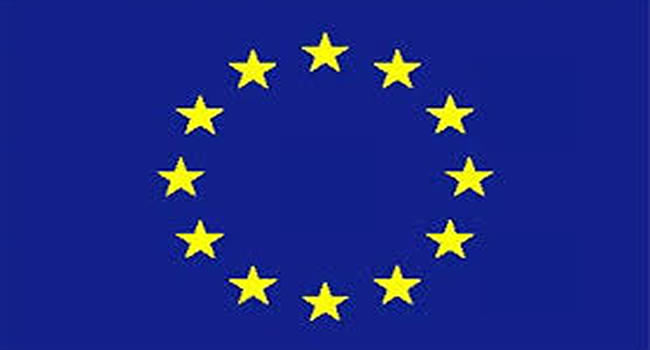International
Definition of rape divides EU in debate on combating violence against women

European Union member states and lawmakers are currently divided over how to define rape, as negotiators head into last-stretch talks Tuesday on the first bloc-wide law combatting violence against women.
The law, according to reports, aims to protect women in the 27-nation European Union from gender-based violence, forced marriages, female genital mutilation and online harassment.
The European Commission, the EU’s executive arm, first proposed the major legislation on March 8, 2022, to mark International Women’s Day.
The issue of a common definition of rape has, however, proven to be the most controversial during negotiations to reach a final agreement.
The draft text has a definition of rape based on the absence of explicit consent, a position supported by the European Parliament and more than a dozen countries including Belgium, Greece, Italy, Spain and Sweden.
A dozen other countries, including France, Germany and Hungary, however, vehemently oppose defining rape in the text, arguing the EU has no competence in the matter.
International rights organisations has slammed this position last month.
Reacting to this position, the Amnesty International, Human Rights Watch and 10 other groups, in an open letter last month, wrote: “It is utterly unacceptable that some member states are stubbornly unresponsive to the need to combat rape across the EU.
READ ALSO:EU reaches agreement on overhaul of migration system, tighten asylum rules
“Consent-based definitions have proven to guarantee greater protection and access to justice for women and other victims of rape, including increased reporting and prosecution rates.”
The EU states that oppose including such a European definition argue that rape does not have the cross-border dimension needed to be considered a crime that comes with common penalties in the bloc.
The parliament and the commission strongly dispute that position, insisting that rape could fall within the framework of “sexual exploitation of women”, for which there is already a joint set of penalties.
Evin Incir of Sweden, one of the parliament’s negotiators, said it was “a shame that there is a blocking minority” to include a consent-based definition.
She squarely blamed French President Emmanuel Macron, German Justice Minister Marco Buschmann and Hungarian Premier Viktor Orban.
Incir added that “this directive will be one step forward, even though it will not be the giant step that we from the side of the parliament and progressive groups would have wanted to see”.
French lawmaker Nathalie Colin-Oesterle, on her part, said the legislation had been reduced to “half a law”.
Berlin and Paris believe, however, that the risk of including a definition is that it could be overturned by an EU court following a legal challenge.
Join the conversation
Support Ripples Nigeria, hold up solutions journalism
Balanced, fearless journalism driven by data comes at huge financial costs.
As a media platform, we hold leadership accountable and will not trade the right to press freedom and free speech for a piece of cake.
If you like what we do, and are ready to uphold solutions journalism, kindly donate to the Ripples Nigeria cause.
Your support would help to ensure that citizens and institutions continue to have free access to credible and reliable information for societal development.






















